How to Bend a Spoon with Your Mind by Michael Shermer
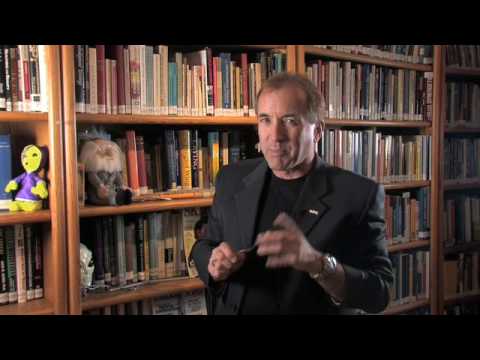
Introduction to Spoon Bending
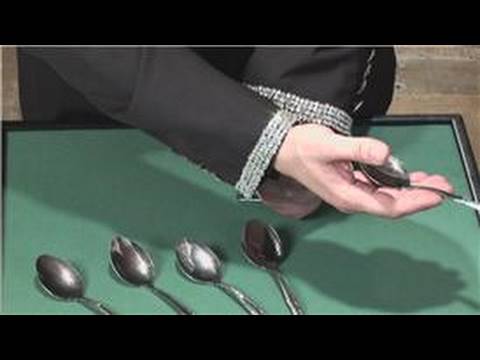
Why do we believe things that aren't true? by Philip Fernbach
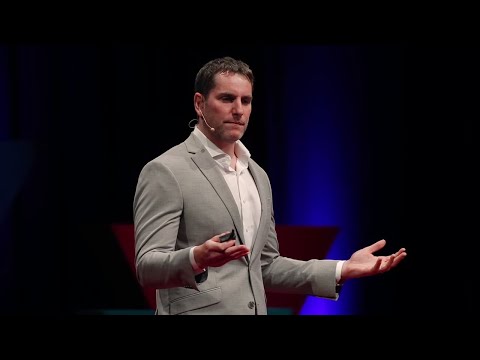
Why people believe weird things by Michael Shermer
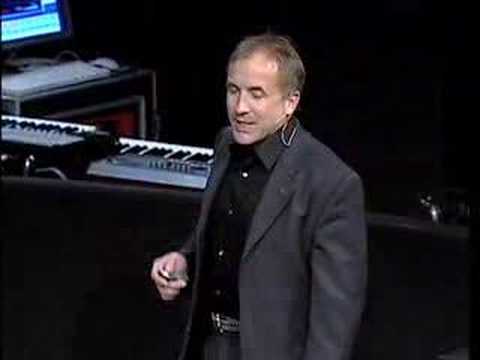
The Believing Brain - Presented by Dr Michael Shermer
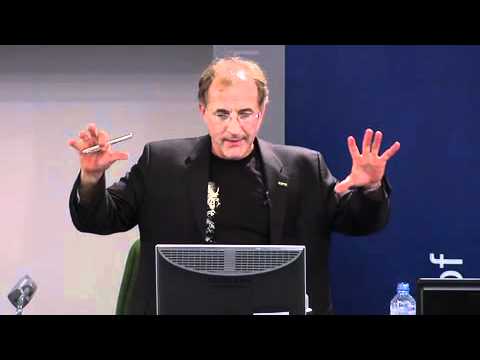
James Randi: Homeopathy, Quackery and Fraud
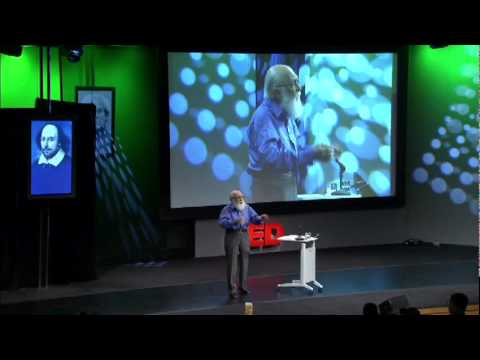
James Randi Lecture at NASA 1/12
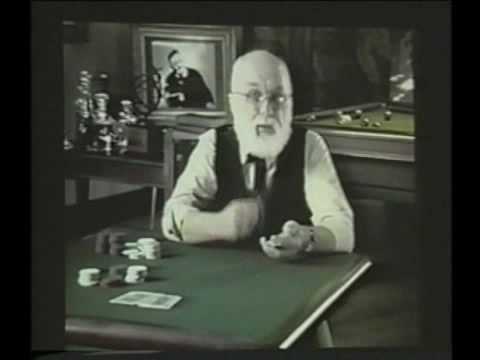
Full Playlist
An Evening With James Randi
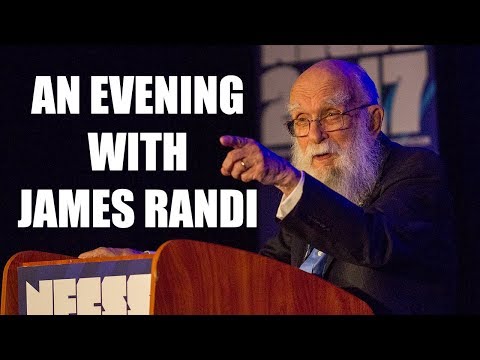
Surviving the Quacks
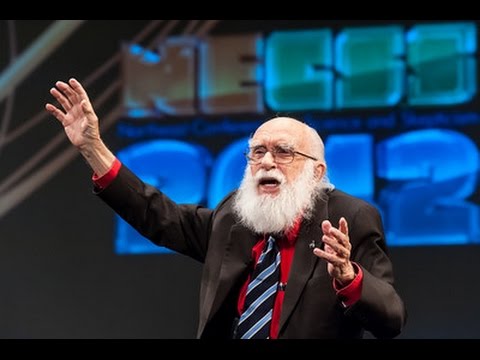
Amazing James Randi

The Best of James Randi

The art of cognitive blindspots by Kyle Eschen
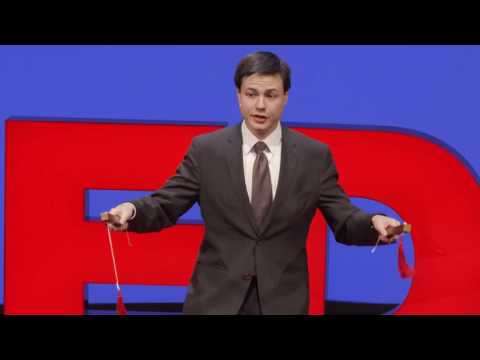
Selective Attention Gorilla Test
Common Misconceptions
The widespread urban legend that one swallows a high number of spiders during sleep in one's life has no basis in reality. A sleeping person causes all kinds of noise and vibrations by breathing, the beating heart, snoring etc. all of which warn spiders of danger.
Visit List of common misconceptions for more.
Cognitive Biases
Cognitive biases are systematic patterns of deviation from norm or rationality in judgment, and are often studied in psychology and behavioral economics.
Visit List of cognitive biases for more.
False Memory
Article adjustment on eyewitness report. Loftus' meta-analysis on language manipulation studies suggested the phenomenon effects taking hold on the recall process and products of the human memory. Even the smallest adjustment in a question, such as the article preceding the supposed memory, could alter the responses. For example, having asked someone if they'd seen "the" stop sign, rather than "a" stop sign, provided the respondent with a presupposition that there was a stop sign in the scene. This presupposition increased the number of people responding that they had indeed seen the stop sign.
Visit False Memory for more.
False Etymologies of English Words
The actual origin of the phrase "the whole nine yards" is a mystery, and nearly all claimed explanations are easily proven false. Incorrect explanations include the length of machine gun belts, the capacity of concrete mixers (in cubic yards), various types of fabric, and many other explanations. All are probably false, since most rely on nine yards when evidence suggests that the phrase began as "the whole six yards". In addition, the phrase has appeared in print as early as 1907, while many explanations require a much later origin date.
Visit List of false etymologies of English words for more.
English Usage Misconceptions
Misconception: The words "and" and "but" must not begin a sentence. Those who impose this rule on themselves are following a modern English "rule" that was not used historically. Jeremy Butterfield described this perceived prohibition as one of "the folk commandments of English usage". The Chicago Manual of Style says: There is a widespread belief—one with no historical or grammatical foundation—that it is an error to begin a sentence with a conjunction such as 'and', 'but', or 'so'. In fact, a substantial percentage (often as many as 10 percent) of the sentences in first-rate writing begin with conjunctions. It has been so for centuries, and even the most conservative grammarians have followed this practice.
And you can visit Common English usage misconceptions for more.